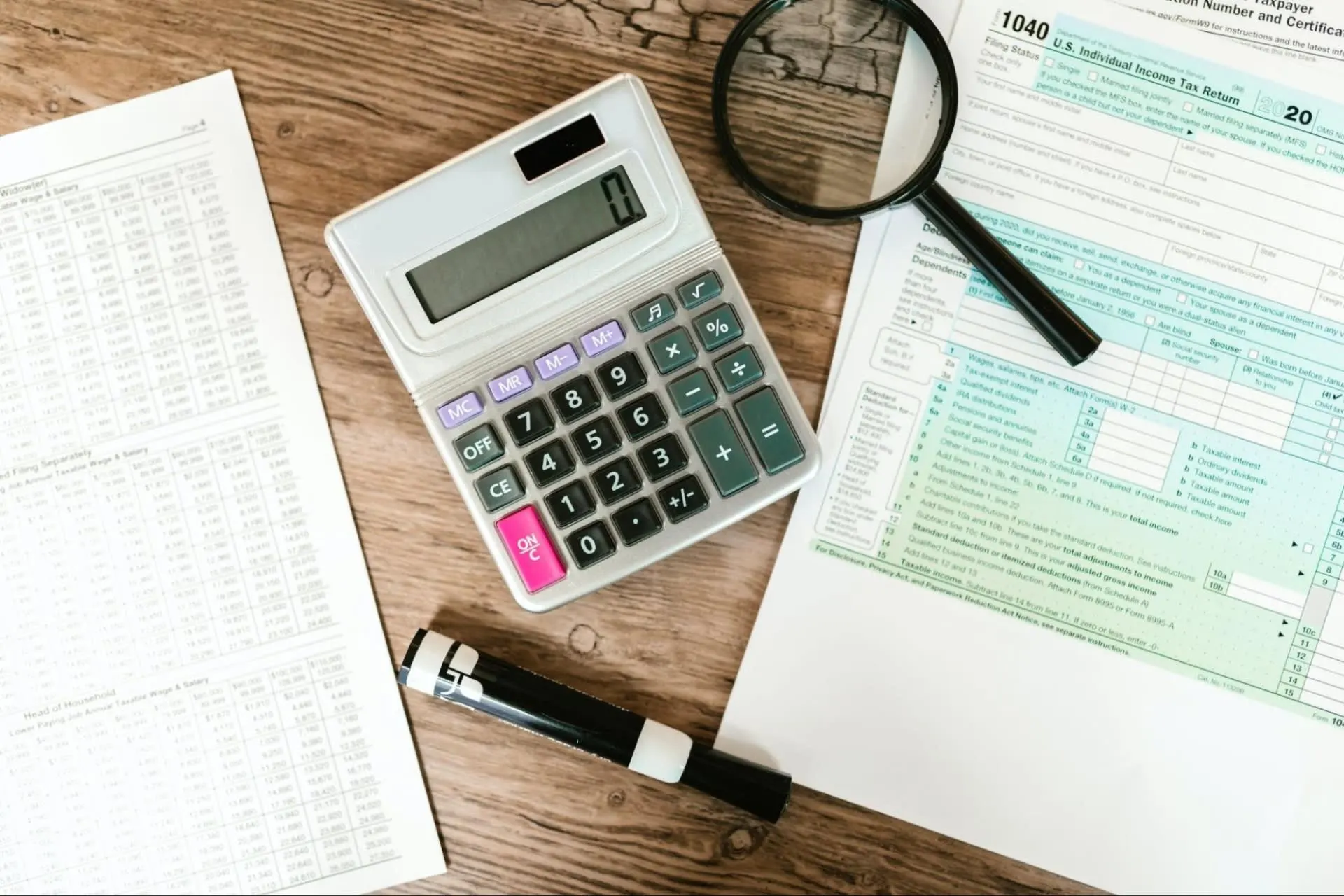California voters approved Proposition 19 on November 3, 2020, and changes began taking effect during the early months of 2021. The amendment provides assistance for seniors as well as individuals who are severely disabled and victims of various natural disasters. Families who transfer properties to other family members are impacted by the edict as well.
Many people have questions about Proposition 19, and they want to know how it will affect them as they search for or consider selling Silicon Valley real estate or other properties in California.
WHAT IS PROPOSITION 19?
Proposition 19 was an amendment added to the California State Constitution during the 2020 election. A narrow majority voted to pass the amendment after rejecting several versions of the amendment in the past. The goal of Proposition 19 is to assist taxpayers in specific circumstances, namely older homeowners and homeowners with disabilities. The bill also benefits anyone who is forced to relocate because of natural disasters.
HOW DOES PROPOSITION 19 IMPACT THE RULES FOR TRANSFERRING THE TAX BASE?
Because of Proposition 19, the rules for tax assessment transfers are different than they were before. Previously, eligible homeowners could transfer their tax assessments to a different home as long as it had the same or lower market value. This rule only applied to homeowners who were over 55 years old, those who had a serious disability, or those who were the victims of natural disasters.
Things changed once Proposition 19 came into effect, however. Because of the amendment, tax assessments could now be transferred to more expensive homes. Eligible individuals could also transfer their assessments up to three times, whereas before, they were limited to a single transfer. Disaster victims did not qualify for the increased transfer allowance, but individuals over 55 years old and anyone with a severe disability were eligible.
WHAT ARE THE BENEFITS OF PROPOSITION 19?
The main benefit of Proposition 19 is that it protects property rates for certain California residents by making downgrading easier than before. For instance, California residents must sometimes relocate because of circumstances outside of their control, such as natural disasters. Other Californians need to move as they get older so that they can be closer to family and caretakers or because they want to downgrade into a smaller home that is easier to maintain.
In the past, it was difficult for many senior citizens to downgrade into a smaller residence because the new property would often cost more money than their current home, even if they were moving into a smaller space.
Furthermore, a transfer in ownership also triggers reassessment, which means that a larger yearly property tax bill could be lurking around the corner. Because of Proposition 19, older Californians can transfer their current tax rate to any other residence in the state up to three times. This means that individuals above 55 years old won’t have to worry about paying a higher tax bill after moving because they will still be assessed based on their previous rates.
HOW DOES PROPOSITION 19 IMPACT TRANSFERS OF PROPERTY BETWEEN FAMILY MEMBERS?
Proposition 19 also impacts transfers of family or farm property between parents and children. Because of Proposition 19, these transfers are no longer considered changes in ownership for tax purposes. To qualify, the transferee has to live in the home as their primary residence. Otherwise, the inherited home will be reassessed at market value. If the property is considered a farm, there will not be a reassessment if the property is maintained by one of the children as a family farm.
FAQ ABOUT PROPOSITION 19
How would someone transfer their base value to their new home?
Anyone who wants to execute a balance transfer must fill out a claim form after both transactions are completed. Wait to fill out a form until you are living in your replacement home.
Where can I find a claim form?
All 58 county assessors have their forms available online. You should choose the proper form based on the county where your replacement home is located.
What happens if I purchase my replacement home before selling my original home?
You can still qualify for a balance transfer as long as one of the transactions took place on or after April 1, 2021 and you sell your original home within two years of purchasing your new home.
What if I sold my original home before April 1, 2021?
As long as you purchase your replacement home after April 1, 2021 and within two years of selling your previous home, you will still qualify for a balance transfer.
What happens if my replacement home is worth more than my previous home?
You can still transfer your previous assessment value to your new home, but your tax rate will be adjusted with the increased value of your new home added on. The taxable value of your replacement home will equal the value of your original home plus the difference between the full cash values of your original and replacement home.
Is Proposition 19 retroactive to disasters that occurred before April 1, 2021?
The base year value transfer doesn’t depend on the date of the disaster, but the replacement home must be purchased or constructed within two years of the sale of the previous home.
I STILL HAVE QUESTIONS; WHO CAN I TALK TO?
If you’re seeking advice and insight into Proposition 19, reach out to the experts at Poncetta Real Estate Group for the guidance you can count on. Their goal as a top-tier Santa Cruz real estate team is to help families, investors, and individuals realize their dreams and achieve their goals. Their past clients recommend them with a passion because of the high emphasis they place on trust and integrity. Contact this highly skilled team if you’re thinking about shopping for homes for sale in Santa Cruz or if you still have questions about how Proposition 19 will impact or benefit you.







